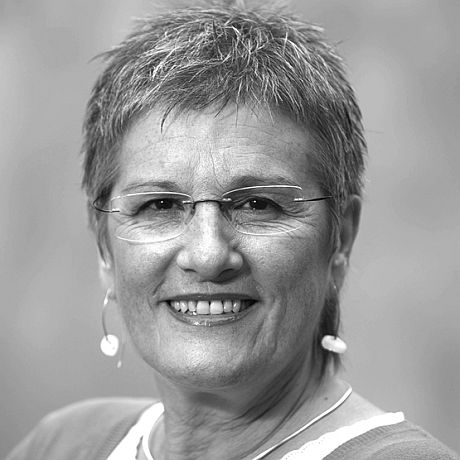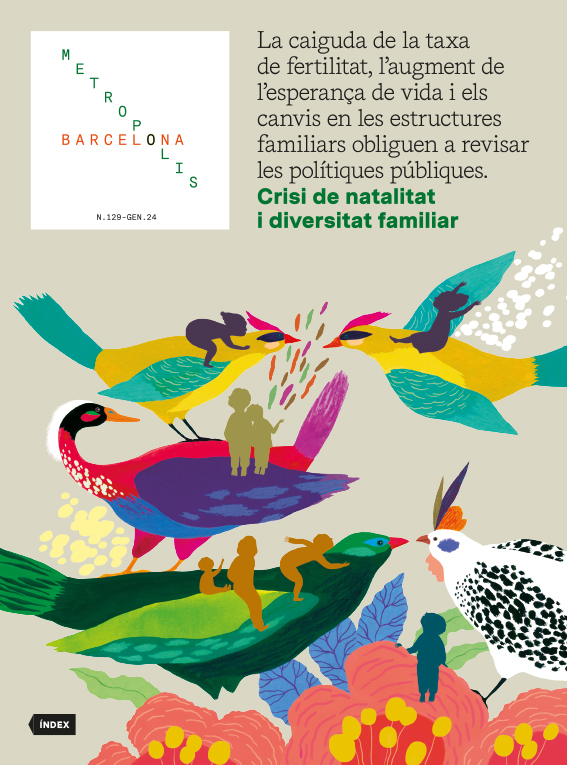Facilitating parenthood
Barcelona has one of the lowest fertility rates globally, yet boasts one of the highest life expectancies. This reality carries profound demographic, social and economic implications. The fact that Catalonia has exceeded eight million inhabitants this year is attributed to immigration, as, in recent years, deaths have outpaced births, highlighting that natural births alone do not guarantee population replacement.
At the heart of this birth rate crisis lie social factors influencing the decision to start a family. Job insecurity and difficulties in accessing housing, which contribute to delayed emancipation among the youth, also play a role in postponing reproductive decisions. For many women, the biologically optimal window for having children coincides with the critical phase of consolidating their professional careers. These decisive factors, among others, lead to a postponement of motherhood until an age where fertility declines, resulting in women either not having children or having fewer than desired. The challenges of balancing work and parenting also coincide with broader cultural and lifestyle changes, triggering feelings of insecurity, emotional distress about the future, and shaping life choices that impact the desire for offspring.
These factors collectively shape the composition and evolution of family structures. The traditional extended family has significantly waned, and the nuclear family faces its own crisis. Emerging in recent years are various forms of unions that, while not new, are no longer in the minority. The primary challenge for public policies is to facilitate the seamless integration of this family diversity, while creating the conditions for all citizens to realize their aspirations for parenthood. This objective was at the core of the draft Family Law, which lapsed in the previous legislative term due to early elections, although certain aspects were approved through a royal decree. The birth rate crisis is an outcome of substantial social and cultural shifts but also the shortcomings of political structures that have failed to provide the necessary services and support to facilitate the parenting journey, a model that has proven notably successful in Nordic countries.
The newsletter
Subscribe to our newsletter to keep up to date with Barcelona Metròpolis' new developments




